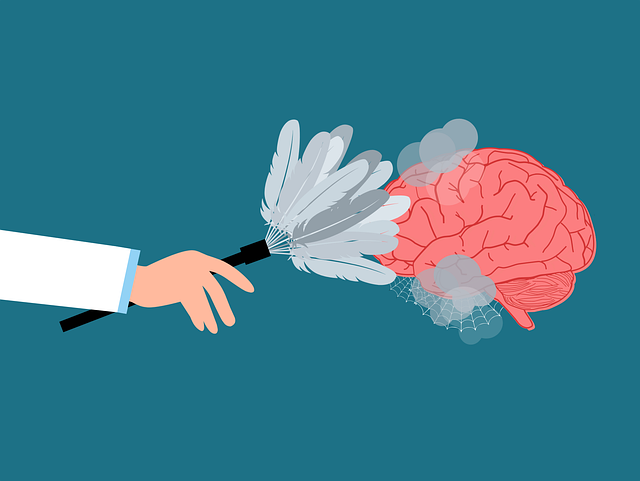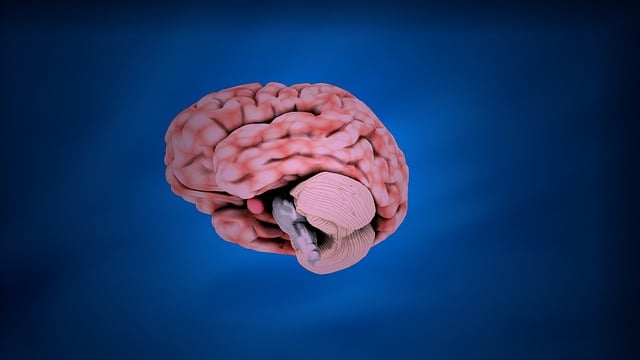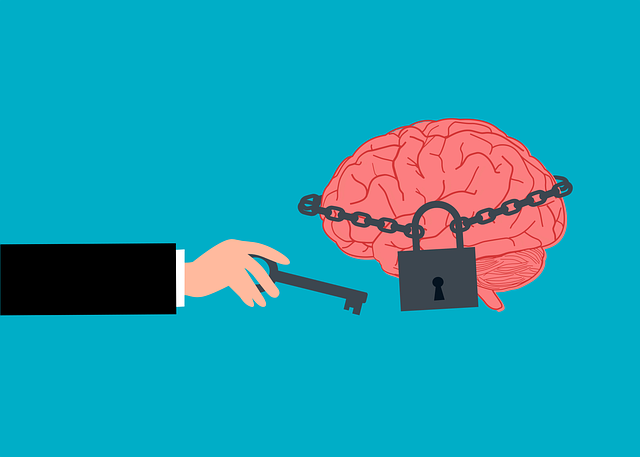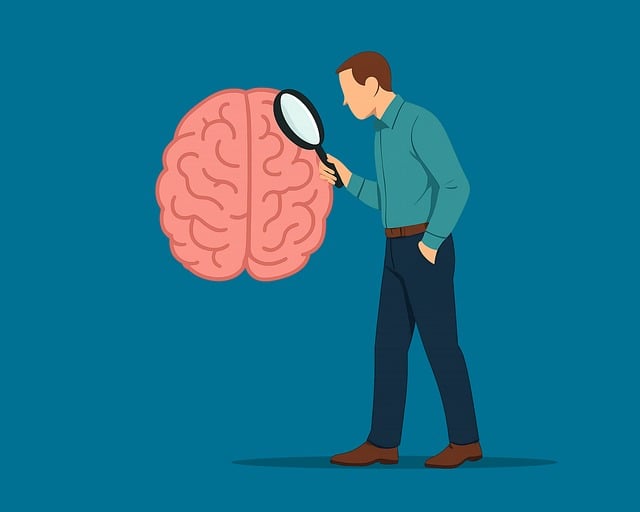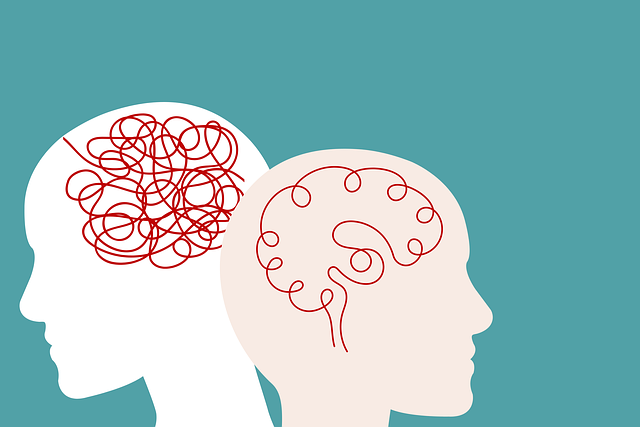Substance abuse, a harmful cycle often linked to chronic pain, requires comprehensive solutions. Golden Chronic Pain Therapy (GCPT) offers a tailored approach by addressing both physical and mental aspects. This therapy integrates lifestyle modifications like diet, exercise, mindfulness, and coaching for risk reduction. GCPT's holistic method combines medication, physical therapy, and support systems to manage pain without substance abuse. Public education and open conversations further enhance its effectiveness, fostering an environment conducive to recovery. By empowering individuals with tools for mental wellness and self-awareness, GCPT promotes long-term resilience against substance abuse and supports a healthier, more sustainable lifestyle.
Substance abuse poses significant risks, impacting physical and mental health, relationships, and overall well-being. Understanding these dangers is the first step towards recovery. This article explores comprehensive risk reduction strategies, focusing on Golden Chronic Pain Therapy as a promising approach for managing underlying conditions contributing to substance misuse. We also delve into lifestyle modifications, medical interventions, and building resilience for long-term success, providing valuable insights for those seeking to overcome addiction.
- Understanding Substance Abuse and Its Risks
- The Role of Golden Chronic Pain Therapy
- Lifestyle Modifications for Risk Mitigation
- Medical Interventions and Support Systems
- Building Resilience: Long-term Strategies
Understanding Substance Abuse and Its Risks

Substance abuse, often referred to as addiction, is a complex condition that involves recurrent use of substances despite harmful consequences. It can manifest in various forms, including alcohol, prescription drugs, and illicit narcotics. Understanding the risks associated with substance abuse is the first step towards prevention and effective treatment. This includes recognizing not only the immediate physical dangers but also the profound impact on mental wellness. The cycle of addiction often leads to chronic pain, both physically and emotionally, emphasizing the need for tailored therapy approaches like Golden Chronic Pain Therapy.
Public awareness campaigns play a pivotal role in educating individuals about these risks and promoting help-seeking behaviors. Encouraging open conversations around substance abuse, especially within communities and through mental wellness journaling exercises, can foster an environment where people feel supported and empowered to take control of their mental health. By integrating knowledge and practices that enhance mental wellness, individuals can develop resilience against substance abuse and its detrimental effects.
The Role of Golden Chronic Pain Therapy

Golden Chronic Pain Therapy offers a promising approach to mitigating substance abuse risks, especially for individuals grappling with long-term pain management. This therapeutic intervention focuses on addressing the root causes of chronic pain, empowering patients to develop healthier coping mechanisms and reduce their reliance on harmful substances as a means of relief. By combining psychological support, medical interventions, and social skills training, this therapy facilitates a holistic transformation in how individuals perceive and manage pain.
Integrating Golden Chronic Pain Therapy with targeted public awareness campaigns and effective communication strategies can further enhance its impact. Educating the public about chronic pain’s complexities and available treatment options reduces stigma and encourages early intervention. Moreover, these strategies help foster understanding between patients, healthcare providers, and loved ones, creating a supportive environment that encourages open dialogue, adherence to treatment plans, and long-term recovery.
Lifestyle Modifications for Risk Mitigation

Lifestyle modifications play a pivotal role in risk mitigation for substance abuse, offering individuals a proactive approach to well-being. The journey begins with recognizing and embracing holistic health practices that foster resilience against addiction’s allure. This includes adopting a balanced diet rich in nutrients, as proper nourishment supports both physical and mental health. Regular exercise not only strengthens the body but also acts as a powerful stress reliever, often at the heart of substance abuse triggers. Additionally, mindfulness practices such as meditation and yoga cultivate awareness, helping individuals recognize and manage cravings effectively.
In the context of chronic pain therapy, Golden Chronic Pain Therapy (GCPT) offers a unique angle by integrating mental health support with conventional treatment methods. GCPT encourages patients to engage in confidence-boosting activities tailored to their interests and abilities. Moreover, compassion cultivation practices encourage self-acceptance and empathy, which can be transformative in managing pain and associated emotional challenges without resorting to substance abuse. By implementing these lifestyle changes, individuals equip themselves with powerful tools for risk management planning, not only for mental health professionals but also as a personal strategy to enhance overall well-being.
Medical Interventions and Support Systems

Substance abuse often co-occurs with chronic pain, creating a complex interplay that demands tailored interventions. Medical interventions play a crucial role in managing both conditions simultaneously. For instance, Golden Chronic Pain Therapy offers advanced techniques to alleviate pain without relying heavily on substances. This holistic approach integrates various therapies, including medication management, physical therapy, and mindfulness practices, to empower individuals in their recovery.
Support systems are integral to sustaining long-term recovery. Mental wellness coaching programs development focuses on fostering positive thinking and resilience, addressing the underlying psychological aspects of addiction and chronic pain. By combining medical interventions with robust support systems, individuals can develop effective coping strategies and enhance their overall mental wellness. This comprehensive approach ensures a more sustainable path to recovery.
Building Resilience: Long-term Strategies

Building resilience is a crucial long-term strategy for substance abuse risk reduction. It involves equipping individuals with mental wellness coaching programs and self-awareness exercises that foster healthy coping mechanisms. By enhancing mental health awareness, these initiatives empower people to navigate challenging situations without resorting to harmful substances. Golden Chronic Pain Therapy, for instance, can offer alternative avenues for managing persistent pain, reducing the likelihood of turning to addictive substances as a form of relief.
This proactive approach not only addresses immediate concerns but also lays a strong foundation for long-term recovery and overall well-being. Regular participation in mental wellness coaching programs allows individuals to develop personal strategies for stress management, emotional regulation, and healthy lifestyle choices. Enhanced self-awareness enables them to recognize triggers and implement preventive measures, thereby reducing the risk of relapse and promoting sustained sobriety.
Substance abuse poses significant risks, but a multi-faceted approach can effectively reduce these hazards. By combining understanding with strategies like Golden Chronic Pain Therapy, lifestyle modifications, medical interventions, and building resilience, individuals can mitigate risks and achieve lasting well-being. These holistic strategies not only address the symptoms but also foster long-term recovery and improved quality of life.

